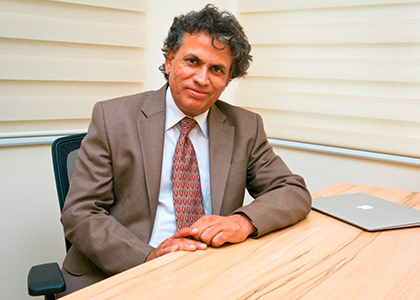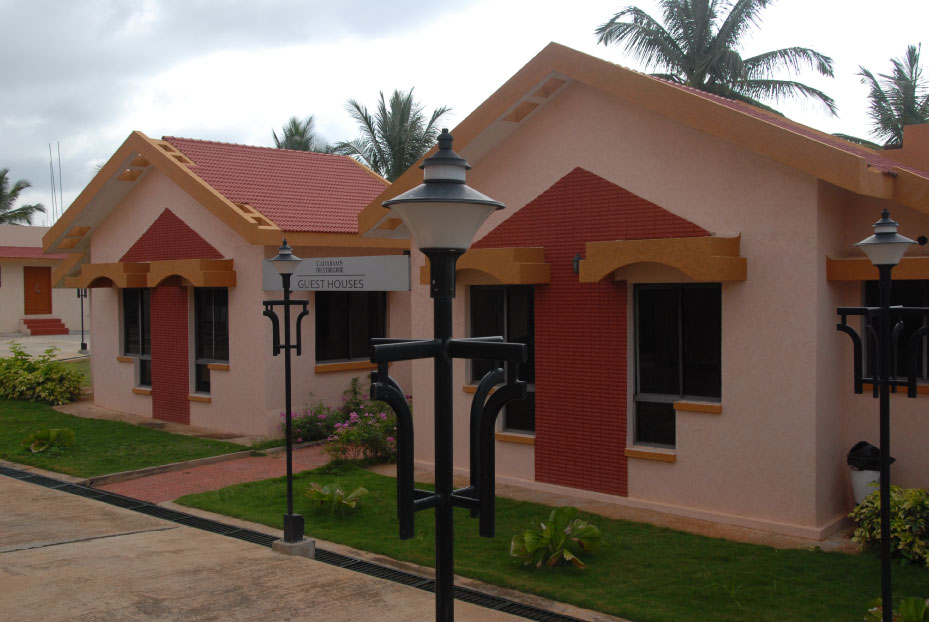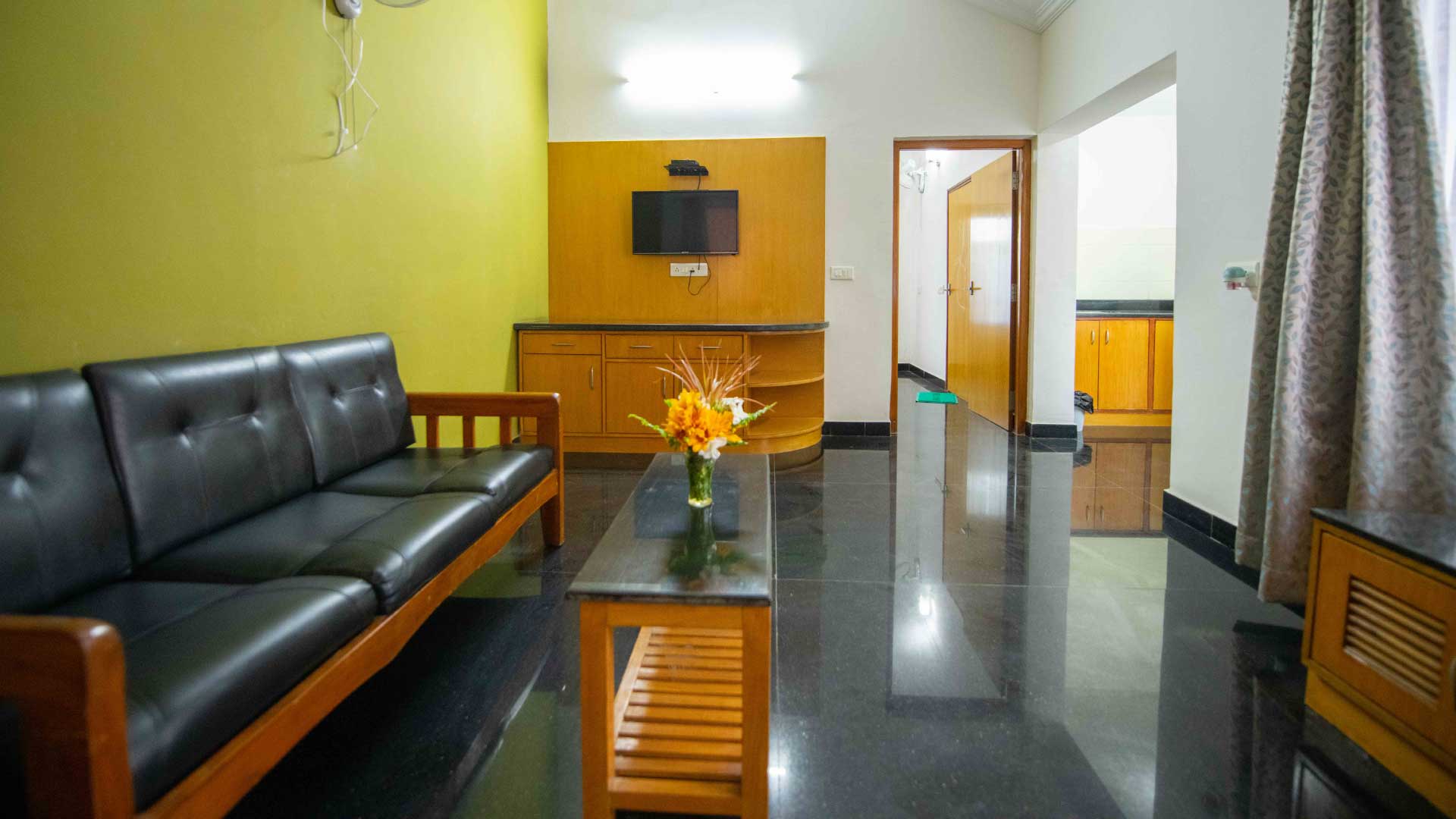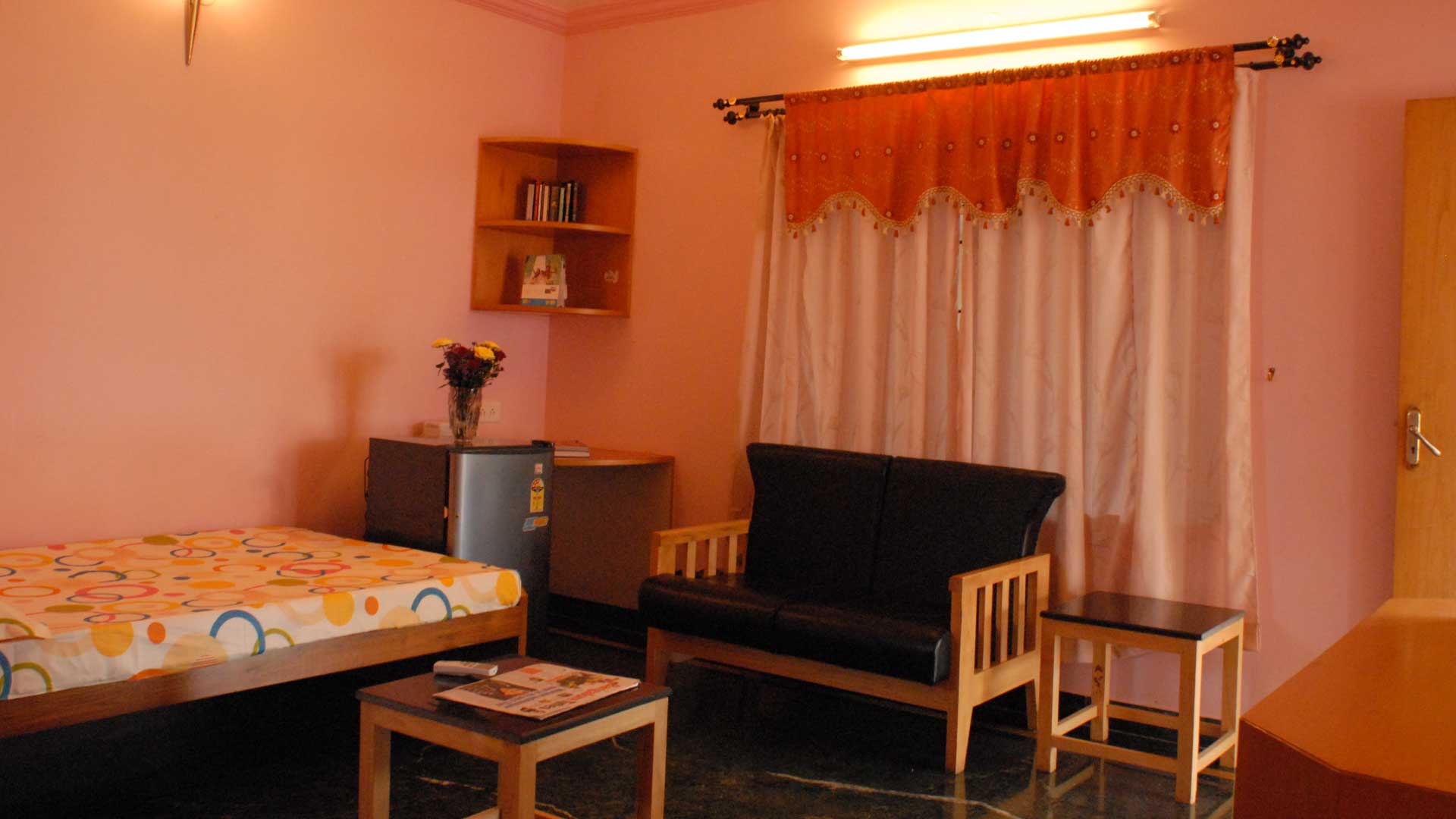Identifying Symptoms of Chronic Pain:
Chronic pain is defined as a persistent burning, aching, or stabbing feeling that last for more than three months. Typical symptoms include fatigue, stiffness, reduced movement, sleep problems, and mental challenges such as anxiety and sadness. Relationships suffer, daily activities are disrupted, and overall wellbeing is diminished, making an all-encompassing approach to care and treatment necessary.
Exploring the Causes of Chronic Pain
Injuries, surgeries, nerve damage, and illnesses like fibromyalgia and arthritis are some of the causes of chronic pain. Factors of chronic pain may include autoimmune diseases, infections, and psychological stress. Sometimes, there is no obvious cause, which makes diagnosis more difficult and necessitates individualised care for efficient management.
The Social and Emotional Impact of Chronic Pain
Emotional and social well-being are severely affected by chronic pain. Isolation, strained relationships, and trouble sustaining social ties can result from it. On an emotional level, it causes helplessness, despair, and anxiety. This dual effect emphasises the necessity of all-encompassing care that addresses psychological as well as physical issues, promoting increased resilience and quality of life.
At Cadabam’s Hospitals, compassionate psychiatrists in Bangalore offer individualized care to help you heal and thrive
The Foundation of Family Therapy in Chronic Pain Care
Institutions like Cadabam’s Hospitals believe that family therapy is essential to the treatment of chronic pain. Hospitals are aware that chronic pain impacts the entire family system in addition to the individual. Our approach to family therapy is centred on enhancing mutual understanding, resolving conflicts, and improving communication.
Involving family members in the healing process fosters a supportive environment that aids people in overcoming the social and emotional obstacles associated with chronic pain. This all-encompassing strategy improves results and fortifies family ties.
Principles and Goals of Family Therapy for Chronic Pain
Family therapy for chronic pain emphasises improving communication, developing empathy, and offering support. Our objectives include enhancing relationships, enhancing family dynamics, and assisting people and their families in creating healthy coping mechanisms. To empower families to manage the emotional challenges of chronic pain together and promote emotional healing and resilience for all parties involved, to establish a cooperative, encouraging environment.
How Family Therapy Complements Individual Treatment Plans
Family therapy addresses the social and emotional issues of chronic pain through treatment plans. Family therapy enhances support systems by including loved ones in the healing process, while individual therapy focuses on the psychological and physical needs of an individual. Together, these two treatments make up an integrated approach towards long-term recovery and quality of life.
Experienced psychologists in Bangalore provide personalized mental health care at Cadabam’s Hospitals, using evidence-based therapies tailored to individual needs.
The Process of Family Therapy: What to Expect
Family therapy for chronic pain starts with an initial assessment, during which our therapists learn about an individual’s pain and the dynamics of their family. Open dialogue is a common feature of sessions, during which all family members share their thoughts, worries, and experiences.
These discussions are led by the therapist, who assists in identifying communication and behaviour patterns that could be causing tension or conflict. The goal of the collaborative process is to heal the family as well as the individual.
Cadabam’s Hospitals is home to experienced therapists in Bangalore , providing personalized care for various mental health conditions.
Key Techniques and Approaches in Family Therapy for Chronic Pain
Family therapy for chronic pain emphasises problem-solving, cognitive behavioural therapy (CBT), emotional support, communication skills, psychoeducation, and stress management. These methods create an environment that supports healing and uplifts the quality of a person’s life by helping families understand chronic pain, improving communication, reducing stress, and promoting coping.
Communication Skills Building within Families
The aim is to facilitate the families in more effective communication through promoting conflict resolution, emotional expression, and active listening. It would help them communicate more effectively, develop empathy, avoid misunderstandings, and create a supportive environment for managing chronic pain together through the enhancement of non-verbal cues and positive behaviours.
Conflict Resolution Strategies for Families
For families with chronic pain, professionals make use of a variety of strategies to resolve conflicts. These involve talking calmly to prevent issues from getting out of hand, zeroing in on practical solutions rather than placing blame, and listening actively to all sides of the issue so that all viewpoints are represented.
Hospitals offer emotional validation to create empathy, encourage adaptability and compromise to meet the needs of the person with chronic pain. These methods promote healing, reduce stress, and help build stronger family bonds.
Enhancing Coping Mechanisms for Family Members
The goal is to improve coping skills for family members of people with chronic pain by using a variety of techniques. These include encouraging self-care behaviours, developing emotional resilience, and teaching stress-reduction methods like deep breathing and mindfulness. They also advise cultivating patience, establishing sound boundaries, and joining support groups.
These skills help the family members control their emotions, reduce tension, avoid burnout, and promote an environment that is helpful to their well-being as well as that of the healing of the individual.
Educating Families on Chronic Pain Management
Hospitals in Bangalore place a high priority on teaching families how to manage chronic pain. They describe the psychological, emotional, and physical components as the critical role that family support plays in the healing process. Effective coping mechanisms are taught to families, such as how to manage stress and identify pain triggers.
Hospitals empower families to provide empathetic, informed care through information and resources, creating an atmosphere of care that supports the well-being of each individual and their loved ones.
Building a Supportive Home Environment
Hospitals strongly emphasise creating a home environment supportive of people who struggle with chronic pain. This includes creating an environment where family members actively listen, communicate, and provide emotional support. Hospitals believe in the importance of developing stress-relieving daily routines, making the space welcoming and accessible, and developing tolerance and compassion.
Counsellors in Bangalore from Cadabam’s Hospitals deliver expert, one-on-one support for various mental health challenges.
The Benefits of Family Therapy for Managing Chronic Pain
Family therapy offers great assistance in managing chronic pain. Effective communication, reduced isolation, and a better understanding between family members results from this therapy. Addressing emotional and psychological disturbances enhances the ability of people to combat pain. It gives families and their members the capacity to administer appropriate support, resolve family conflicts, and develop good coping attitudes in the long term, thereby establishing greater well-being in families.
Improving Family Dynamics and Relationships
An essential part of the family therapy approach to chronic pain is the improvement of family relationships and family dynamics. Our main goals are to improve communication, resolve disputes and develop empathy for each other.
Clinicians seek to improve relationships by teaching families how to communicate their feelings in a healthy way and actively listen to each other. This encouraging environment reduces tension and stress and allows families to work together to effectively manage chronic pain. Our goal is to build a stronger, healthier family.
Reducing Relapse Rates through Family Support
Family support is critical to reducing relapse rates for people with chronic pain. Families help individuals stay dedicated to their recovery by encouraging open communication, promoting adherence to treatment plans and providing emotional support.
Family therapy strengthens coping mechanisms while addressing stressors that could lead to setbacks. This cooperative strategy lowers the chance of relapse, guarantees long-term pain management, and improves general mental and physical health.
Empowering Families to Navigate Chronic Pain Together
Counsellors give families the tools and techniques they need to fortify their support network to manage chronic pain together. They help families deal with difficulties by teaching them coping mechanisms, stress reduction, and effective communication through family therapy.
It allows families to offer credible, informed support, developing a supportive environment that aids recovery, strengthens resilience, and supports the well-being of the person and their relatives through encouraging empathy, understanding, and cooperation.
Fostering Understanding and Empathy among Family Members
Fostering empathy and understanding among family members is a major priority when it comes to treating illnesses like chronic pain, assisting family members in understanding the difficulties their loved one is facing through family therapy, and helping people relate with each other by promoting communication, listening, and common experiences.
This way minimises miscommunications, strengthens family bonds, and develops a nurturing environment that heals the emotional well-being of everyone involved.
Get Chronic Pain Diagnosed in Bangalore
Cadabam’s Hospitals provides thorough diagnostic services for persistent pain. To determine the root causes of chronic pain, our interdisciplinary team of professionals includes physiotherapists, psychologists, and pain specialists.
They conduct comprehensive evaluations and develop a customised treatment plan based on thorough assessments, which include medical history, physical examinations, and cutting-edge diagnostic technologies. Make an appointment or find out more by calling us at 097414 76476.
Find the Right Family Therapy Program in Bangalore
Find the right family therapy program in Bangalore with experienced professionals who offer treatments such as CBT, family counselling, and conflict resolution. Our services prioritise emotional well-being, improving communication, and fostering stronger relationships. Explore client reviews to understand the success of our tailored programs and compassionate care.
Why Choose Cadabam’s for Family Therapy in Chronic Pain Care
In the treatment of chronic pain, there are different advantages to selecting Cadabam’s Hospitals for family therapy. Our interdisciplinary team, which consists of therapists, psychologists, and pain specialists, offers comprehensive support to address the psychological as well as the physical components of chronic pain, focusing on developing empathy, enhancing family communication, and giving families coping skills in which they can live out their lives with the struggles of pain. Our personalised method ensures that every family receives unique help that will assist in healing, reduce stress, and enhance one’s well-being generally.
Tailored Family Therapy Sessions at Cadabam’s
Family therapy sessions at Cadabam’s Hospitals are customised to each family’s specific needs. Our skilled therapists collaborate closely with family members to comprehend their goals, struggles, and dynamics.
These individualised sessions concentrate on enhancing communication, settling disputes, and offering emotional support- particularly to those who are coping with mental health issues or chronic pain, to establish a nurturing atmosphere that encourages recovery and long-term well-being by attending to the needs of the individual as well as the family.
Expertise in Family Dynamics and Chronic Pain
Understanding and improving family dynamics in the case of chronic pain is our area of expertise at Cadabam’s Hospitals. To treat the emotional, psychological, and physical components of chronic pain, our team of professionals consists of psychologists, family therapists, and pain management specialists.
Concentrate on improving family communication, settling disputes, and cultivating empathy, assist families in creating a strong, supportive environment that fosters healing and enhances the quality of life for people with chronic pain by providing individualised strategies and support.
Comprehensive Support for Families and Patients
Hospitals provide individuals and their families with unwavering support when they are dealing with chronic pain. A multidisciplinary team comprising family therapists, psychologists, and pain specialists works on our holistic approach. We provide individualised treatment programs that consider family dynamics, emotional health, and physical pain.
We ensure long-term healing and a higher quality of life by empowering families to offer effective support, enhance communication, and work through the difficulties of chronic pain together through therapy, education, and coping mechanisms.
State-of-the-art facilities for the Family Therapy Program at Cadabam’s
Cadabam’s Hospitals provides modern facilities in the family therapy programs, which will help the individuals live comfortably and receive support as they heal. Modern rooms for our therapy sessions, equipped with the latest tools to achieve the best in communication, make our treatment sessions and therapies effectively assimilate modern technology with individualised attention for the holistic treatment of chronic pain, mental illness, or family dynamics.
The peaceful, prepared environment facilitates the treatment, making sure that individuals as well as their families will be treated with the most professional care and support.
Ongoing Guidance and Resources for Families
Families dealing with chronic pain and mental health issues can get continuous support and resources from Cadabam’s Hospitals. Beyond therapy sessions, hospitals provide families with ongoing access to workshops, counselling, and educational resources.
We help families feel prepared to offer long-term support by teaching them coping mechanisms, communication skills, and stress management techniques. Families can also use peer support groups and community resources to exchange stories and learn more, which promotes resilience and enhances general well-being.
Top Chronic Pain Doctors at Cadabam’s Hospitals
Psychiatrist in Bangalore | Psychiatrist in Hyderabad | Psychologist in Bangalore | Psychologist in Hyderabad | Therapist in Bangalore | Therapist in Hyderabad | Counselor in Bangalore | Counselor in Hyderabad
Rehabilitation Centres For Chronic Pain at Cadabam’s Hospital
Rehab in Bangalore | Rehab in Hyderabad
Best Chronic Pain Treatments Offered at Cadabams
Rehab in Hyderabad | RTMS Hyderabad | physioTherapy Bangalore | RTMS Bangalore | physioTherapy Hyderabad | online Therapy Bangalore | Group Therapy Bangalore | Family Therapy Bangalore | Biofeedback Hyderabad | Biofeedback Bangalore | REBT Hyderabad | Neurofeedback Hyderabad | CBT Bangalore | PsychoTherapy Hyderabad | Neurofeedback Bangalore | Emergency Bangalore | Group Therapy Hyderabad | CBT Hyderabad | Emergency Hyderabad | Direct Cranial Stimulation Bangalore | Direct Cranial Stimulation Hyderabad
More Additional Resources About Chronic Pain
The Connection Between Chronic Pain and Depression: What You Need to Know | How OCD and Chronic Pain Are Linked: Causes, Symptoms, and Solutions | Addressing Anxiety and Chronic Pain: Comprehensive Care Strategies
FAQ
What is family therapy for Chronic Pain and how does it help?
Engaging family members in family therapy for chronic pain aims to enhance communication, settle disputes, and offer emotional support. It benefits by improving empathy, fostering closer bonds with others, lessening feelings of loneliness, and giving families coping mechanisms.
Is family therapy beneficial for all families dealing with Chronic Pain
For most families who are dealing with chronic pain, family therapy can be helpful. It promotes understanding, enhances communication, and offers emotional support. It improves coping mechanisms and lessens stress by addressing family dynamics.
How does family therapy address the stigma associated with Chronic Pain?
Family therapy supports truthful dialogue and promotes understanding during the sessions to combat the stigma associated with chronic pain. It also helps them understand the condition’s nature, which aids the recovery process.
What makes family therapy a critical component of Chronic Pain treatment?
Family therapy is essential for treating chronic pain because it enhances coping mechanisms, fosters better communication, and offers emotional support. To create a caring environment that improves pain management and encourages long-term healing.














 Available
Available
















